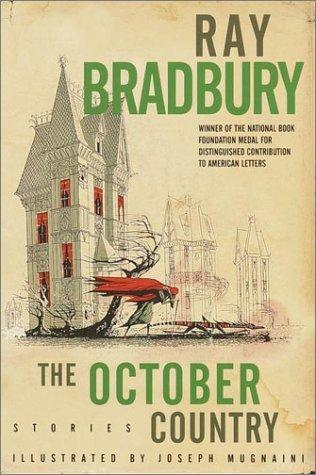I’ve been experimenting with some new (and old) writing tools lately, so I thought I would share my experiences with them. This Monday I’m reviewing the first five (from research to drafting), and next Monday I will share the second five (from editing to time management).
Please note that all of these ratings and reviews are my opinion. For each tool here, including the ones I gave one and two stars, I personally know people who absolutely swear by them – so take it all with a grain of salt.
My Rating System:
* Not worth it
** Worth a try
*** Great stuff
**** Indispensable
Google Earth
Uses: Research for settings you can’t visit in real life.
Pros: Free and relatively easy to use. Allows you to “fly” over places you’ve never been, and even “sit down” into some for a 3-d effect.
Cons: Can be laggy/slow. Some more remote locations are not very visible.
My rating: *** Great stuff
Where to get it: here
Tips to use it: Experiment with the “layers” you can add and take away from the map. And don’t forget to save your most-visited research spots to your “Places” for a quicker find next time.
Children’s Cross-section Books
Uses: In-depth research and visualization.
Pros: Visual representation of your topic broken down into simple explanations. Much less overwhelming and confusing than huge volumes of written research.
Cons: There can be a limited selection, and even books about your topic don’t always show exactly the things you want them to show. (For example, I wanted a book about 17th century war ships but could only find one about 18th century war ships.)
My rating: *** Great stuff
Where to get it: Your local bookstore or Amazon – but don’t forget to click through Denton Poets’ Assembly first! (It’s the same shopping experience for you, but a small percentage of your total purchase goes to support a Denton non-profit poetry organization. Just click on the Amazon banner at the top of the page.)
Tips to use it: I highly recommend Stephen Biesty’s Incredible Cross-Sections. And I also suggest looking at a cross-section as one of the very first steps, before you write your historical fiction or whatever, because some facts that surprise you might be vital to your plot or setting.
Microsoft Word
Uses: Drafting, editing, formatting.
Pros: Everyone uses it. Almost every venue (publications, agents, editors) ask you to submit in the .doc or .docx formats. Word is the bread and butter of a writer’s meal.
Cons: Cost. Buying Microsoft Office isn’t cheap, but it’s necessary. There’s also a learning curve for each new version, and sometimes there are annoying compatibility issues with .doc and .dox, etc.
My rating: **** Indispensable
Where to get it: Your local computer/office supply store, or Amazon – but don’t forget to click through Denton Poets’ Assembly first!
Tips to use it: Check out some tips on this site.
Dragon Naturally Speaking
Uses: Oral drafting.
Pros: If you’re facing Carpal tunnel, tendonitis, or some other type of hand/wrist- immobilizing injury, this is pretty much the only way to write without pain.
Cons: The program takes a long time to “train,” meaning you have to be very, very patient to make it useful. I still haven’t gotten to the point where I can speak naturally and have it be 90% correct, although people who have swear it’s worth it. It’s also very slow, laggy, and generally frustrating.
My rating: * Not worth it (if you can type just fine) / ** Worth a try (if you’re patient and/or desperate)
Where to get it: Your local computer/office supply store or Amazon – but don’t forget to click through Denton Poets’ Assembly first!
Tips to use it: Many people have trouble using the crummy headphone set it comes with, so if you’re going to make the time and money investment, I’d say go ahead and buy a decent headset, too.
Scrivener
Uses: Plotting, re-arranging, and brainstorming your chaotic manuscript.
Pros: Multiple features all in one place. Scrivener is like the corkboard with index cards, the 3-ring binder, and the files of research all rolled into one digital program. If you don’t write in order, or need to do major structural work on a book, Scrivener will save you time and paper. If you’re a poet compiling your poems into a chapbook or manuscript, Scrivener will save your sanity.
Cons: Not great for drafting, fine-tuning, or final printing. Also, very overwhelming if you don’t take the tutorial, which lasts about 2 hours. You have to have great patience to make this tool useful, as it has dozens of features to learn and consider.
My rating: ** Worth a try (novelists) / *** Great stuff (poets)
Where to get it: Start with your free 30-day trial.
Tips to use it: My favorite thing so far is putting different media into folders for inspiration. I created a folder of inspiring photos — like Pinterest/Tumblr just for me & this book — and I can arrow through them to create a flipbook effect that almost looks like a book trailer. If I do this while playing some of my inspiration songs, the effect is pretty awesome. More tips here at Writer Unboxed.
Closing
Those are my thoughts on some tools I’ve come to love and loathe. Do you have any writing tools that you’ve found indispensable over the years? Any tips to add to the ones I’ve listed?
Part 2 to come next Monday!








